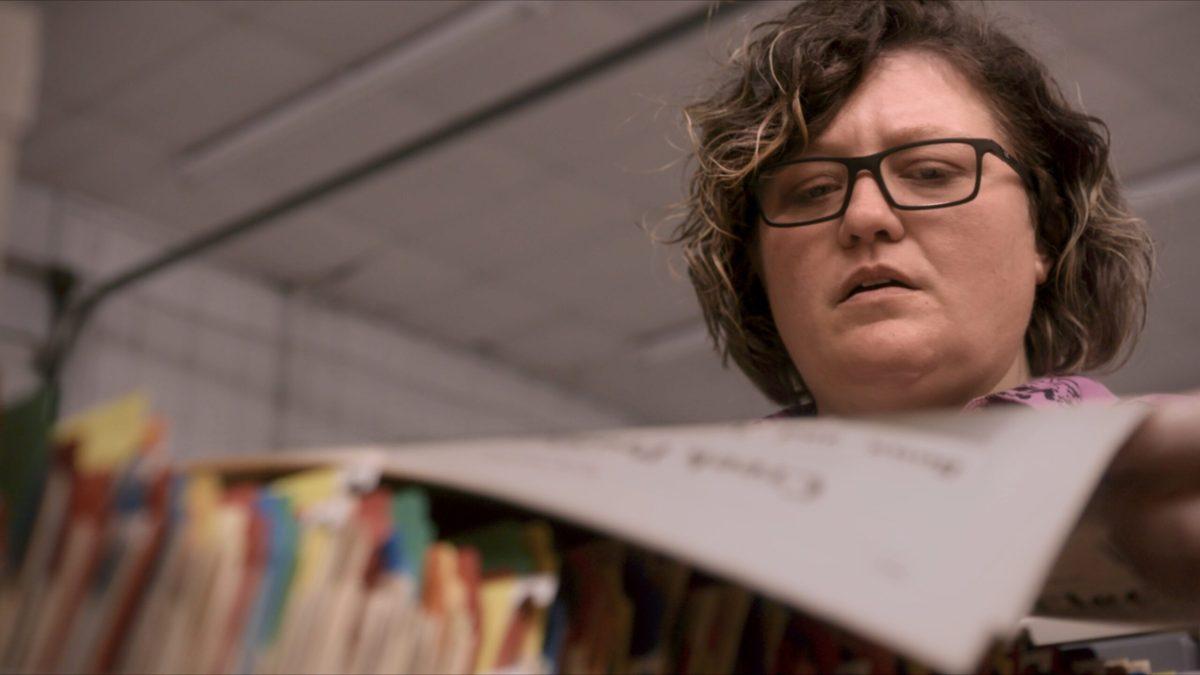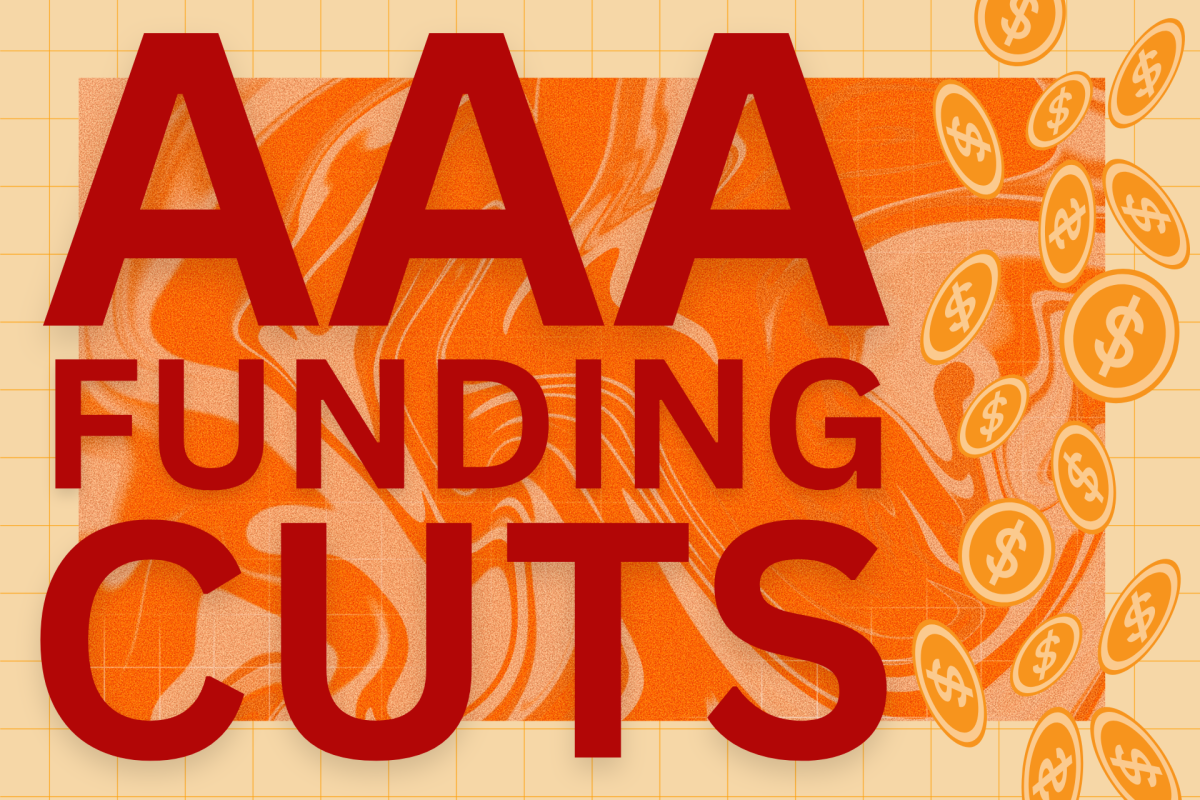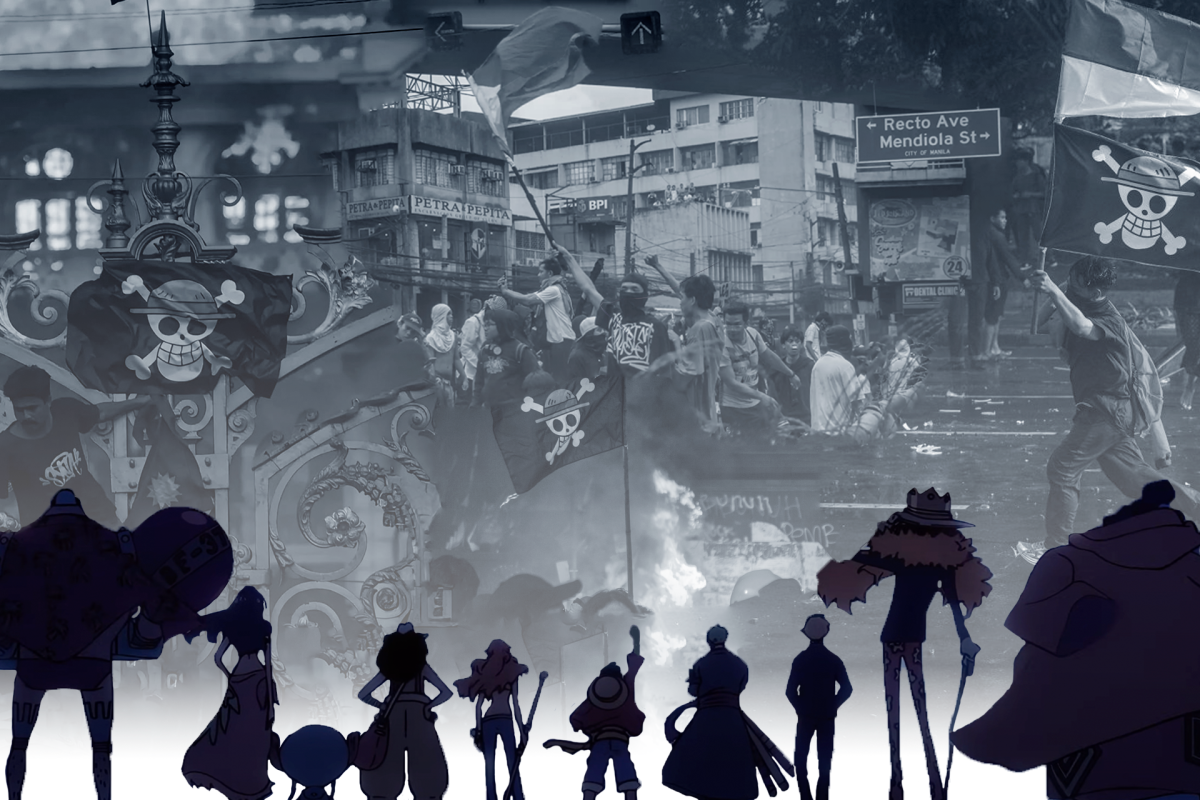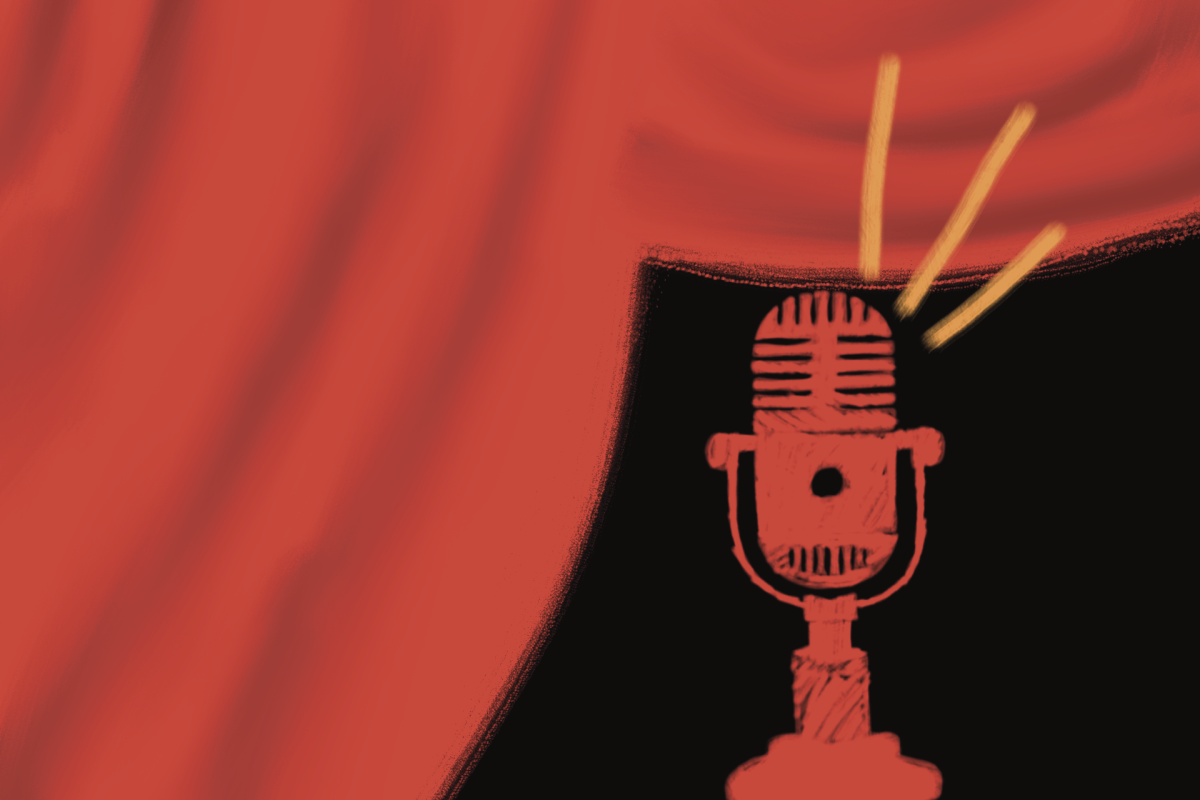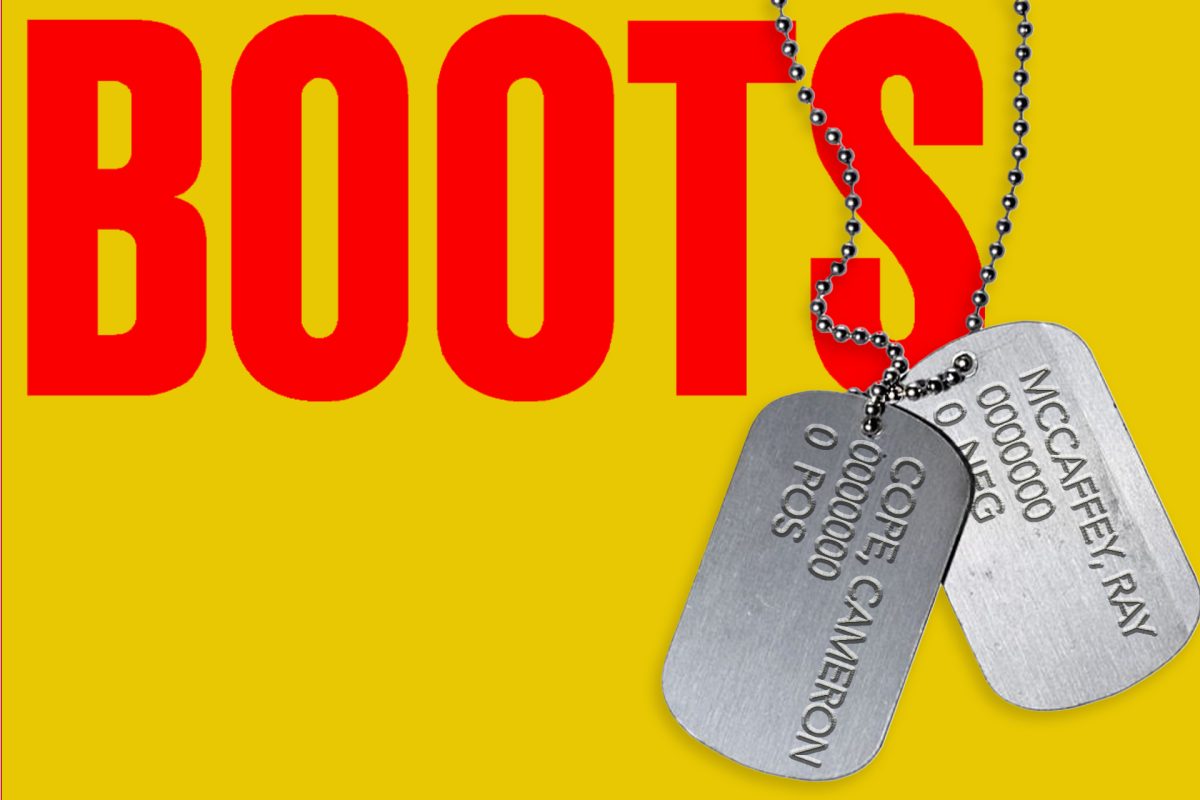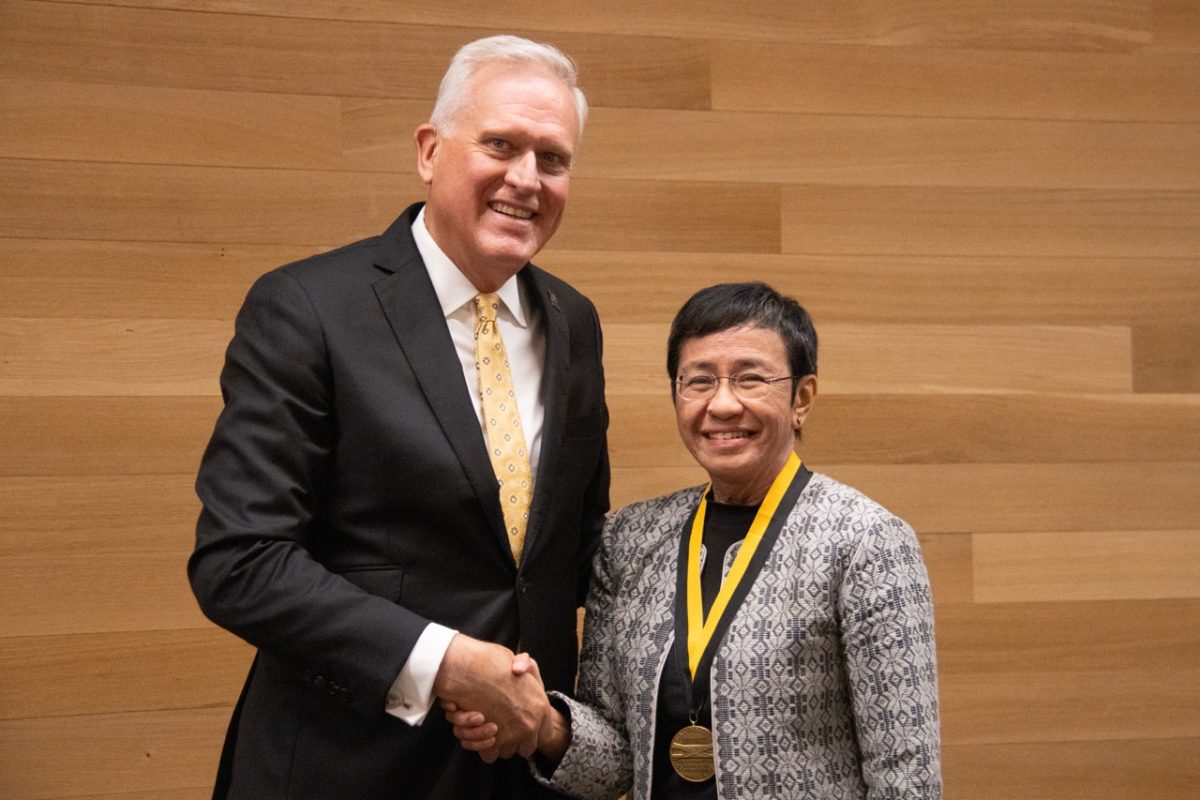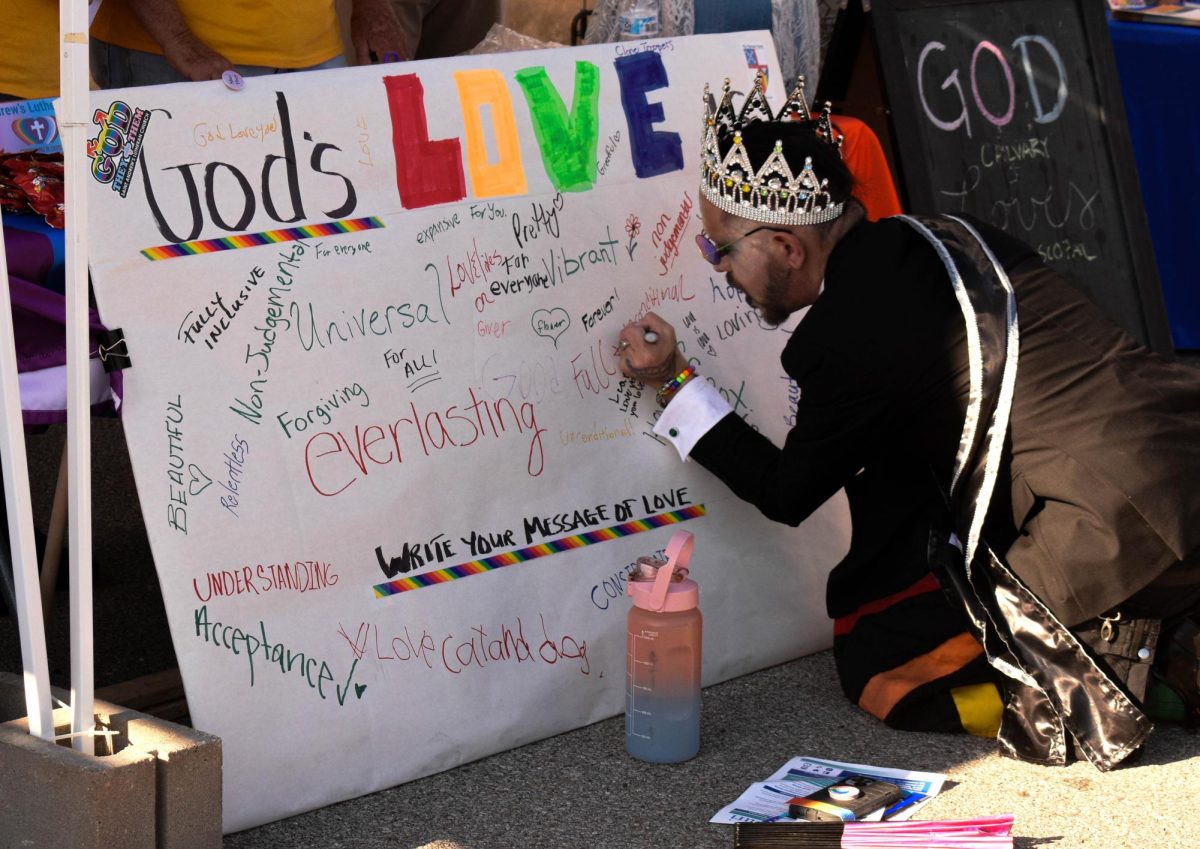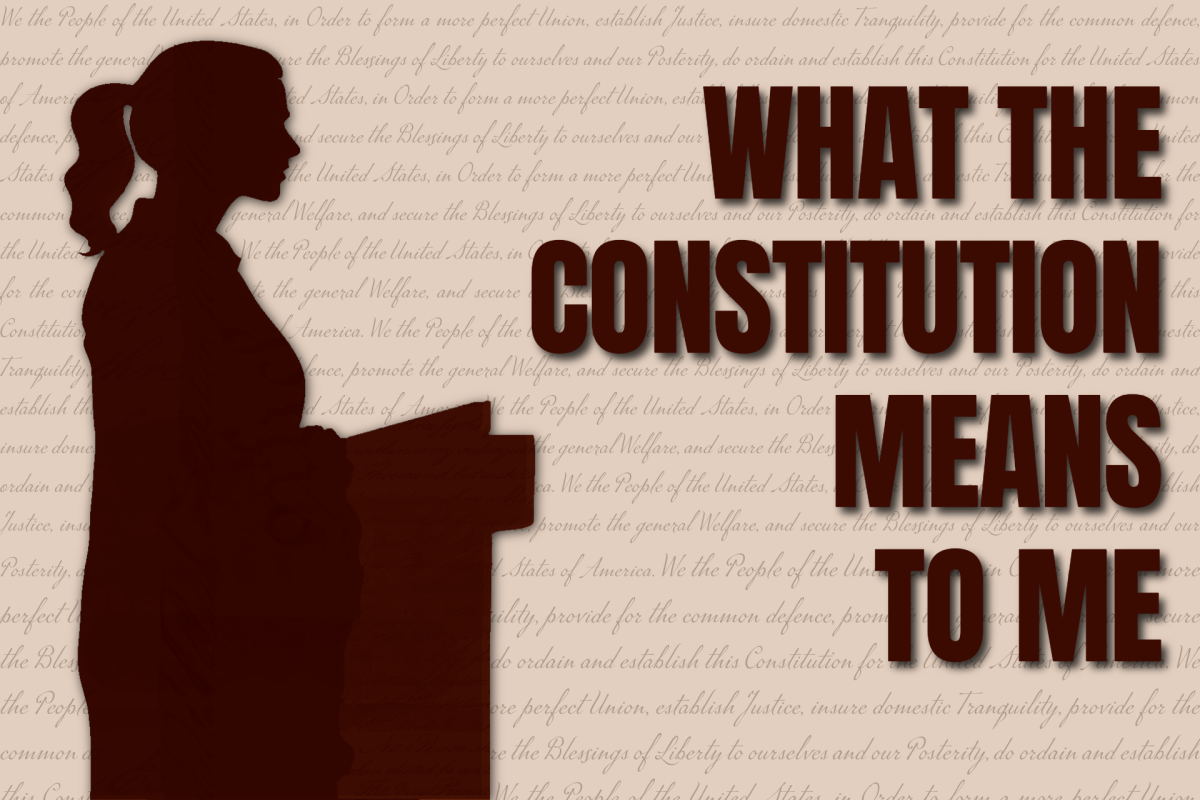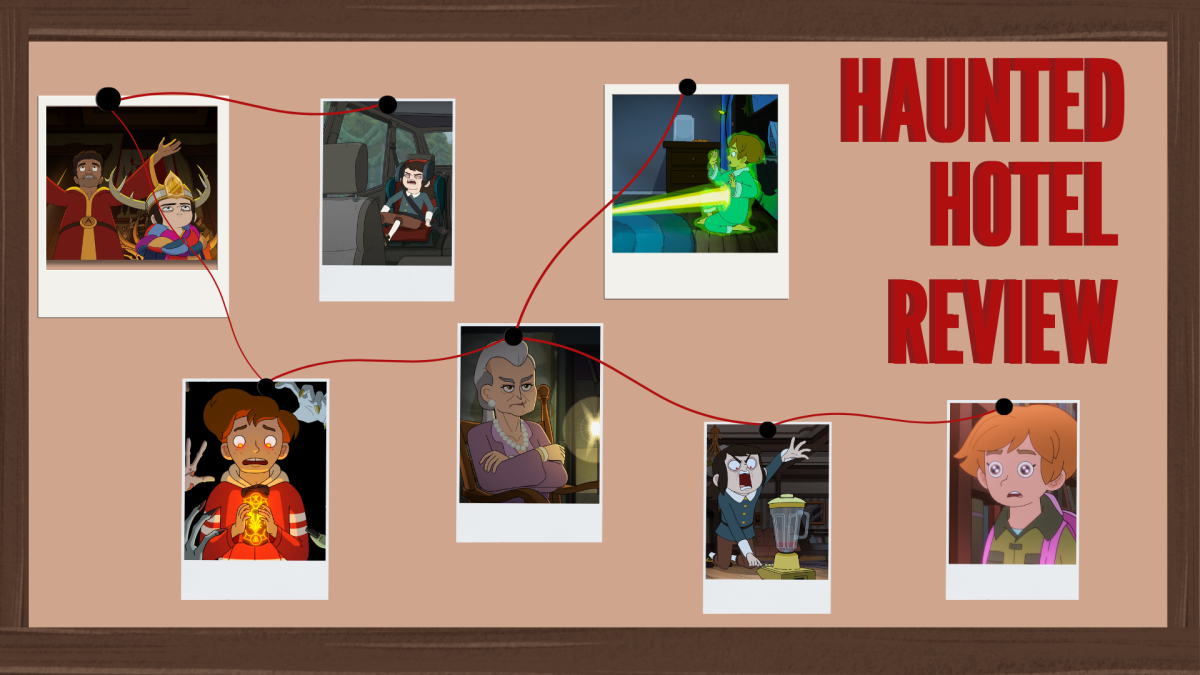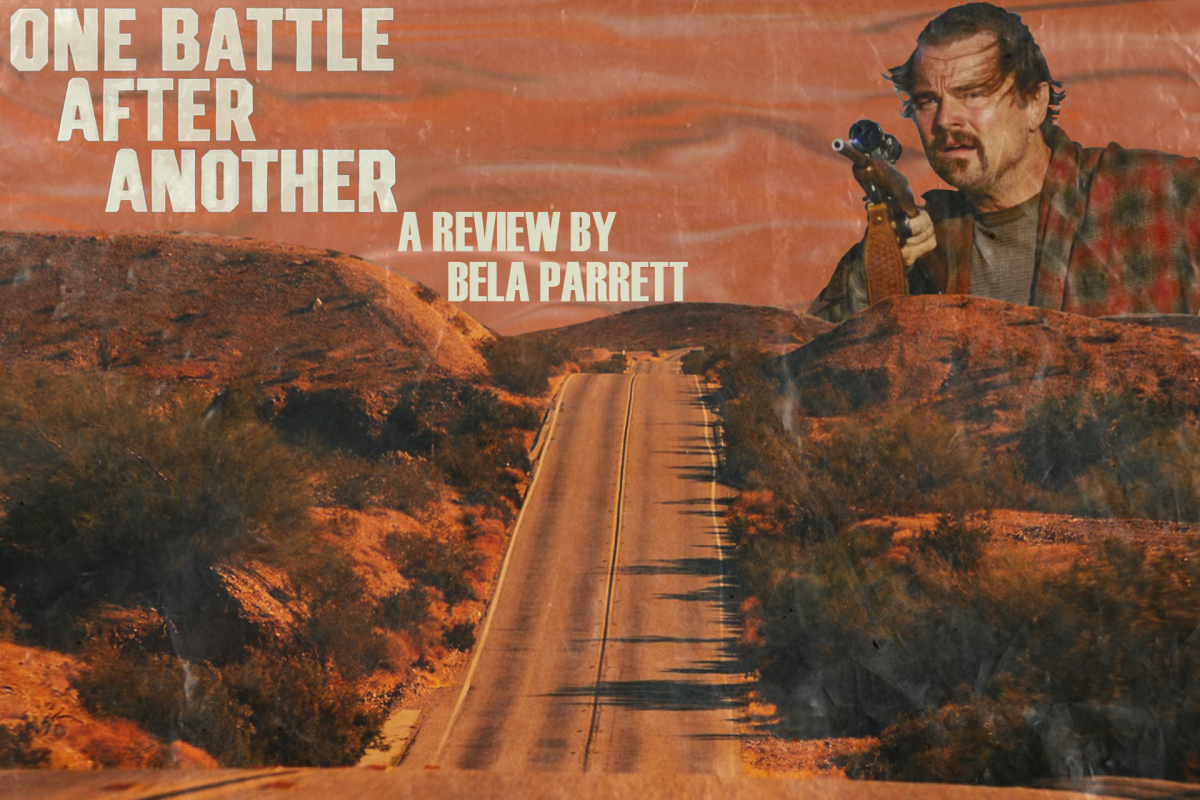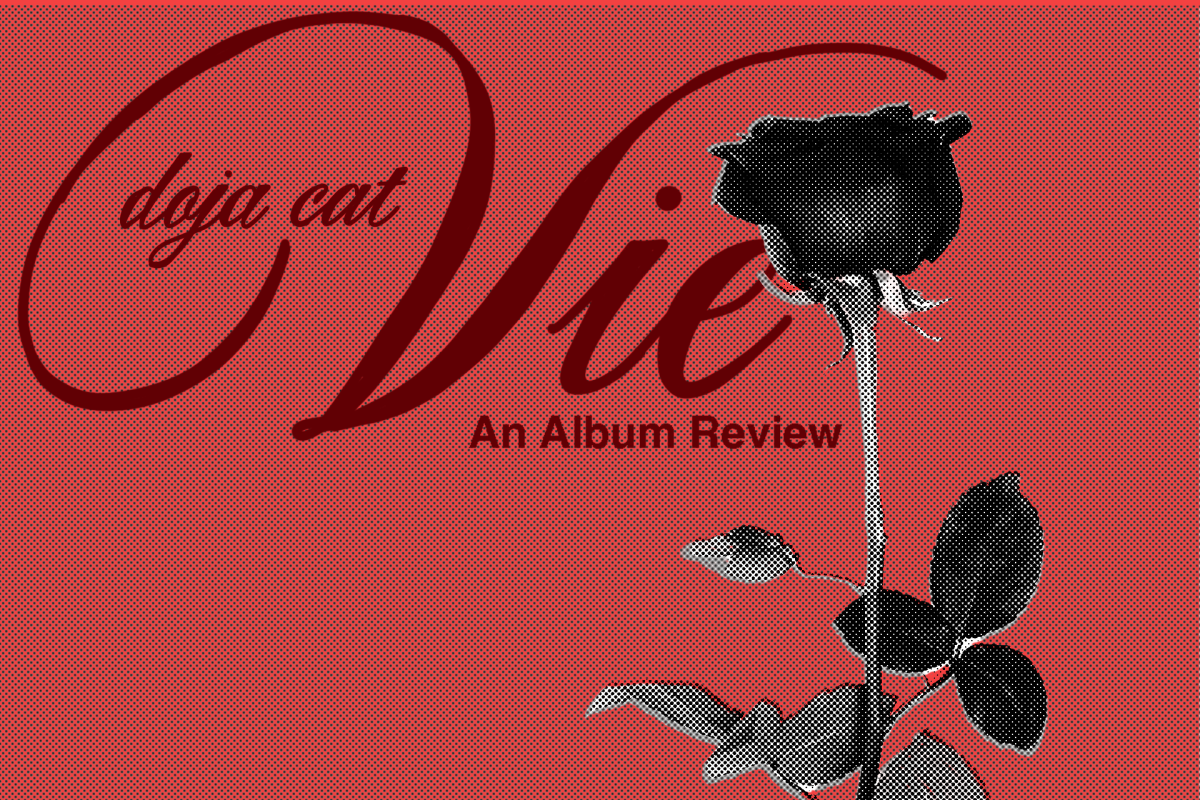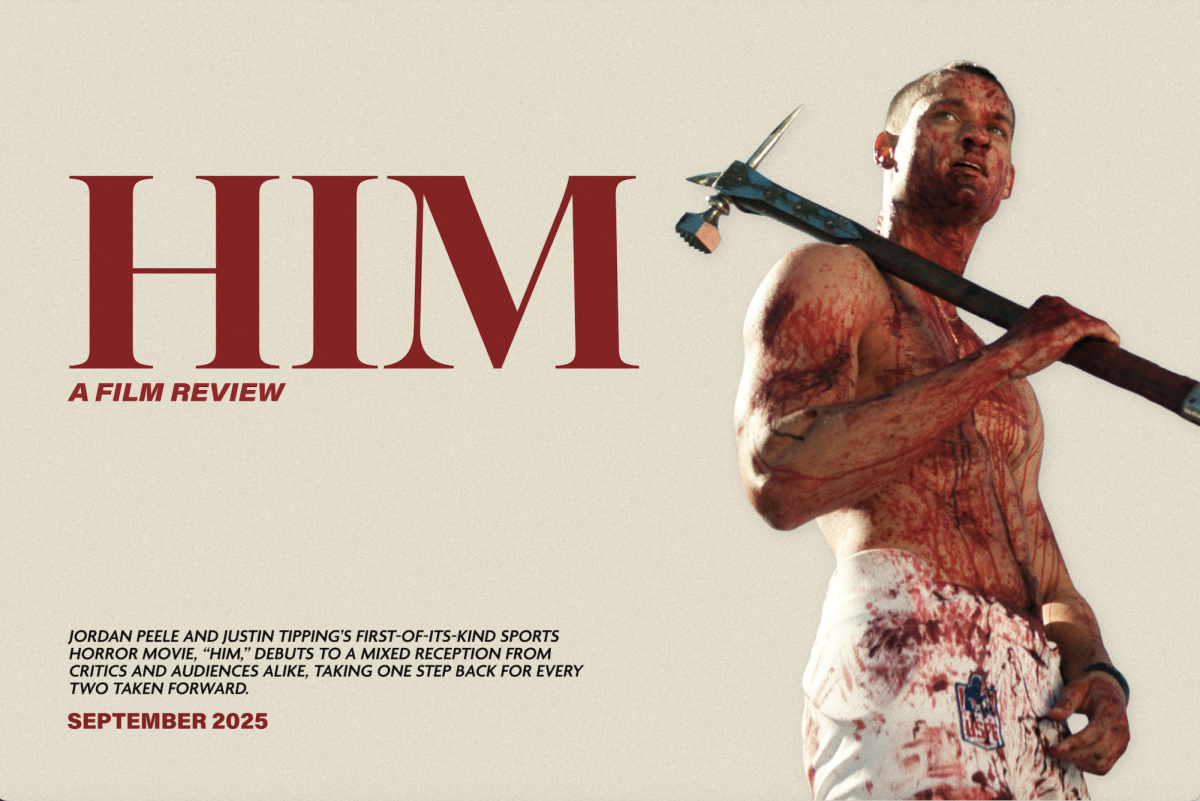Shown at the 2023 True/False Film Festival, “Bad Press” follows the fight of journalist Angel Ellis for freedom of the press in Muscogee Nation
What happens when there is no free press to hold the government accountable? “Bad Press” shows us the ramifications right here in the United States.
The film is set in Muscogee Nation, a tribe located in Okmulgee, Oklahoma. Its government is independent from the U.S. as well as the other 573 federally recognized tribes in the country.
One might be shocked to discover that the First Amendment is not applicable to these tribes, and the freedom of the press is left up for their governments to decide in their own constitution. Muscogee Nation began censoring its press in 2015 to allow no press that criticizes government officials and any decisions they make, following a number of allegations toward its political elite.
The story is told by directors Joe Peeler and Rebecca Landsberry-Baker primarily through Angel Ellis, reporter at Mvskoke Media, who is determined to expose the wrongs committed by the Muscogee government. Ellis is unapologetically herself and not afraid to call out anyone, making her the perfect person to spearhead the fight for free press in her tribe.
We are also introduced to several of the Principal Chief candidates, and they are all interesting characters. Part of why “Bad Press” works so well is its humor – from Ellis’ hysterical one-liners or candidate Steve Bruner watching YouTube fail videos on the night of the Principal Chief election. It makes for a very entertaining documentary that lets the audience join in on the madness from their seats.
The journey of Ellis and Mvskoke Media has many ups and downs throughout the 98-minute runtime, where even with public support they cannot get enough votes from the government to send a proposition for free press protections to the ballot. Government officials are constantly trying to get them to stop pursuing action, or their livelihoods could be taken away.
The Principal Chief Lucian Tiger lll passed a Shield Act with the implication that it would provide a free press, but in all actuality lacked many protections for the press. The candidate for the next Principal Chief, Mark Randolph, proposed a constitutional amendment for free press, which is rare and was a huge win for Mvskoke Media. Ellis was also a spokesperson for the bill and hoped for the election of Randolph to get the bill passed.
Once Randolph was elected, free press was reinstated in Muscogee Nation, but the journey for journalists we follow is not over.
The events in Muscogee Nation echo the struggles of the country as a whole. The public’s trust of the media is near the lowest it has ever been and journalists receive frequent disrespect from public officials. Despite this, there are still journalists — like Ellis — who are fighting for the truth they believe in. Without journalists holding those in power accountable to the public, democracy crumbles.
A line from a Muscogee man to Ellis captures the role of a journalist perfectly: “If people are not liking you, then you’re doing your job.”
“Bad Press” was a necessary addition to the True/False Fest. The film’s vision made it easy for any audience member to watch — and understand. Directors Joe Peeler and Rebecca Landsberry-Baker embarked on a wild adventure that is both entertaining but thought-provoking on journalism in the U.S.
Edited by Egan Ward | [email protected]
Copy edited by Grace Knight


